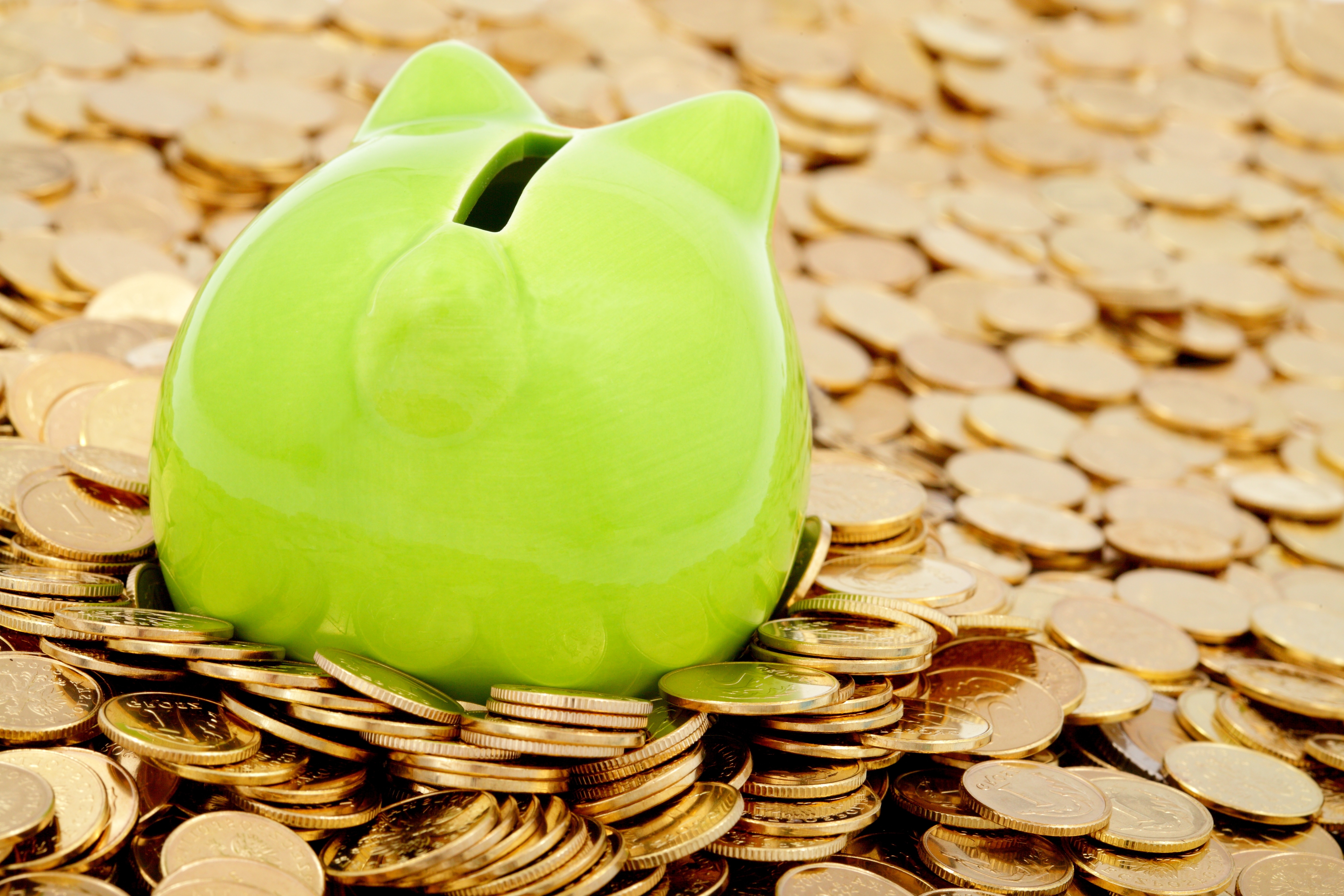Blog
BLOG: The post-coronavirus world will look at sustainability through a new lens

Ethical and sustainability issues have been on the agenda for a while, but this year, they’ve seen an unprecedented level of attention. As we emerge from the coronavirus lockdown, here’s why ethical savers should consider Islamic banks.
We’ve witnessed the rapid growth of campaigns against climate change and the increasing volume of activity by retailers to reduce single-use plastic.
Earlier in the year, Greta Thunberg was recognised as Time Magazine’s Person of the Year for her work as a climate activist – the youngest person to be named by the magazine in over a hundred years.
And with carbon emissions dropping dramatically due to international directions limiting travel and commutes, it’s likely that a post-coronavirus world will look at sustainability through a new lens after the lockdown is lifted.
But it’s not just in these areas that individuals are looking to be more ethical. Looking to the world of finance, it appears to be a similar story. Research undertaken by YouGov on behalf of Al Rayan Bank found that two thirds (66%) of British adults consider it important for companies providing them financial services to operate ethically, with only 7% believing it is not important at all.
Why are people turning to ethical finances and where are they looking?
Due to the ethical nature of Islamic banking, more people are considering putting their savings in a Sharia compliant savings account. We currently estimate that more than a third of our customers are not of the Muslim faith and we expect to see this percentage grow as more people discover the concept of ethical, Sharia compliant banking.
There are a number of features of Islamic banking which appeal to many – regardless of their faith.
Firstly, Sharia compliant banks solely focus on banking activities which are compliant with the ethical values of Islam. They align with the underlying principles of equitable distribution, fair trading, prudent spending, and the wellbeing of the community as a whole.
Islamic banks are completely transparent about where they invest customers’ deposits, and, just as importantly, where they don’t invest them. Deposits are invested in asset-backed, secure commodities such as property or metals.
They are never invested in any unethical schemes, such as any activity connected to gambling, alcohol, pornography, arms, tobacco or any interest-bearing or speculative activity, which may introduce unnecessary risk.
Islamic banks also pay profit to their savers rather than interest. This is because interest is strictly forbidden in Islam, as Muslims believe that it promotes unfairness in financial transactions, which ultimately leads to social inequality and injustice.
Extreme interest payday loan companies are a modern-day, real-life example of this reality. The Islamic banking system, then, is an ethical system at its core, where depositors entrust the bank to invest their savings in partnership, sharing any profits which are generated.
Islamic banks appeal to customers of all faiths and none
What matters is their competitive yet ethical product offering and that the way they operate meets the ethical criteria of the individuals investing in them.
Supporting this concept, a survey Al Rayan Bank carried out last year found that three quarters of all British adults (75%) believe that living a more ethical lifestyle than they currently do is important – this is something we will look to leverage as more and more people come alive to the concept of ethical, Sharia compliant finance.
In times like these, with market volatility likely to continue long into the future, investing in ethical savings products can provide peace of mind, as well as helping to reassure individuals that their money is going into ethically operated businesses.
We believe that the rise in availability of ethical lifestyle choices should be reflected in our financial lives, and it’s time to move the conversation forward.
Doing due diligence on how your bank or building society uses your money should be as important as how often you recycle, whether it’s the nature of your bank’s investments, the sustainability of their operations or having socially responsible values.
Maisam Fazal is chief commercial officer at Al Rayan Bank